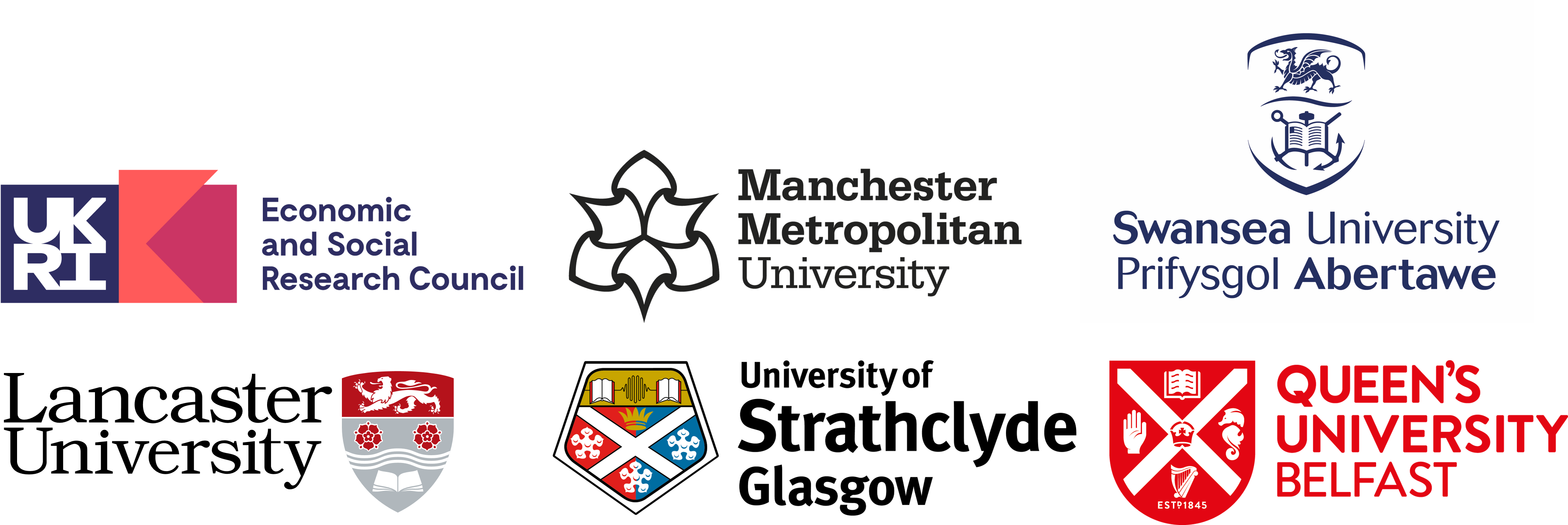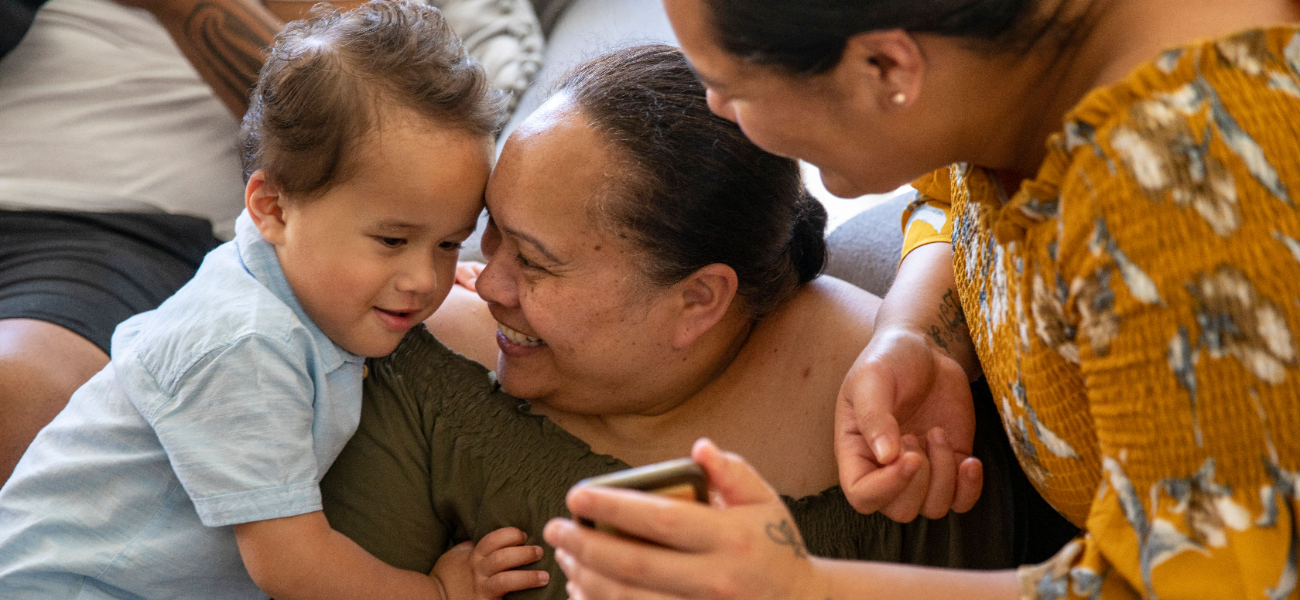Welsh parents needed for landmark study on screen time

The Study
Swansea University academic, Professor Janet Goodall, is part of a pioneering study into the impact of screen-time on 0 – 3 year olds, with the findings set to address the twenty-first century anxiety: is screen time perceived more as a benefit, or a hindrance, to early childhood development?
Professor Goodall is conducting the Wales-based section of the study – entitled Toddlers, Tech & Talk - Looking to interview parents in Wales to examine our relationships with digital devices in the home, with interviews available in up to 10 languages for parents who don’t speak English as their first language.-177x221.jpg)
The open, non-judgmental interviews will delve deeper into how and why parents are using digital devices with their young children, ultimately seeking to understand how parents’ opinions on the influence digital device use has on their child, particularly around language and literacy.
Led by Manchester Metropolitan University and in partnership with Lancaster University in England, University of Strathclyde in Scotland and Queen’s University Belfast in Northern Ireland, the UK-wide project has already received 1,600 survey respondents and is now moving into the qualitative data collection phase.
Why it's Important
Parents in Wales are encouraged to get in touch to take part, sharing their experiences and opinions - all for the benefit of better understanding future generations’ relationship with technology, and predicting trends in digital engagement.
Professor Goodall said:
“There has been extensive research into the impact of screen time on older children, but our research group is hoping to plug the gap in the current understanding of digital device usage amongst toddlers.
“Overwhelmingly, public opinion tends to assume that screen time would have a net-negative impact on young children. Yet, this perspective doesn’t consider how digital devices can remove barriers to access for many services – such as libraries.
“We hope this research will improve our understanding of the nuances surrounding digital access. The aim of this research is not to tell parents what they should or shouldn’t do in their own homes, but rather to understand how and why parents use digital devices with children under three. Parents are raising children in a digital age, the vast majority of them using digital devices every day – so we want to find out how this filters down to the youngest in our society, to better predict how this will shape child development in future.”
Toddlers, Tech and Talk is all part of a wider effort from Swansea University’s Education department, in the Faculty of Humanities and Social Sciences, to better understand early years’ development in an increasingly digital society.

Professor Sian Rees, Head of the School of Culture and Communication at Swansea University’s Faculty of Humanities and Social Sciences, said:
“By examining parents in Wales’ approach to digital devices in the home, this ground-breaking research may help to change the way we think about screen time for young children. Are there benefits many haven’t previously considered, and more widely, how is parenting made easier or more difficult in the digital age?
“Janet’s collaborative research, in partnership with universities across England, Scotland and Northern Ireland, is representative of our ethos in the Faculty of Humanities and Social Sciences. We believe that research in this academic area is most impactful when rooted in a real-world context, consequently adding true value to our understanding of societal trends.
“We’d encourage parents across Wales to take part in the research, and would like to emphasise again that there will be no right or wrong answers – we simply want your honest opinions.”
Get in touch
To take part, parents can email j.s.goodall@swansea.ac.uk



-177x221.jpg)

